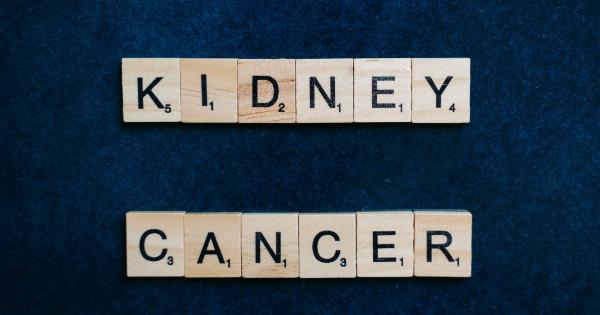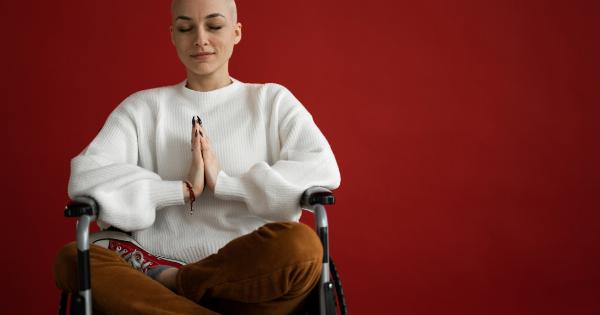Being diagnosed with cancer can be a life-changing experience for anyone. The road ahead can be uncertain and overwhelming, as you navigate through various treatment options and therapies.
However, with the right kind of care and support, it is possible for oncology patients to fight back and overcome cancer.
Understanding Oncology and Cancer
Oncology is the study and treatment of cancer. It involves diagnosing and treating tumors, as well as providing supportive care to patients with cancer. Cancer is a disease characterized by the uncontrolled growth and spread of abnormal cells in the body.
It can occur in any part of the body, and symptoms can vary depending on the type of cancer.
Diagnosis of Cancer
Early detection and diagnosis of cancer are crucial for successful treatment outcomes.
Your doctor may conduct several tests to confirm a cancer diagnosis, including a physical exam, blood tests, imaging tests, such as CT scans and X-rays, and biopsies.
Treatment Options for Oncology Patients
There are several treatment options available for oncology patients, including surgery, radiation therapy, chemotherapy, immunotherapy, and targeted therapy.
The type of treatment option recommended will depend on several factors, such as the type and stage of cancer, as well as the patient’s overall health and medical history.
Surgery
Surgery involves removing the cancerous tumor and surrounding tissues from the body. Depending on the type of cancer, the surgeon may also remove nearby lymph nodes to prevent the spread of cancer cells to other parts of the body.
Surgery is usually the first treatment option for cancers that are localized and have not spread to other parts of the body.
Radiation Therapy
Radiation therapy involves using high-energy radiation beams to kill cancer cells. It can be delivered externally or internally, directly to the affected area.
Radiation therapy is often used in combination with other treatment options, such as surgery or chemotherapy.
Chemotherapy
Chemotherapy involves using drugs to kill cancer cells. The drugs can be given orally or intravenously, and they work by attacking cells that are dividing rapidly, including cancer cells.
Chemotherapy can cause side effects such as nausea, hair loss, and fatigue, but they are usually temporary and can be managed with proper care and support.
Immunotherapy
Immunotherapy involves using the body’s own immune system to fight cancer. It works by activating the immune system to recognize and attack cancer cells.
Immunotherapy is often used in combination with other treatment options, such as chemotherapy or radiation therapy.
Targeted Therapy
Targeted therapy involves using drugs that specifically target cancer cells. These drugs work by blocking or inhibiting the growth and spread of cancer cells.
Targeted therapy can cause side effects, but they are usually less severe than those caused by chemotherapy drugs.
Supportive Care for Oncology Patients
Oncology patients require comprehensive care and support during and after treatment.
Supportive care can include medication to manage pain and other symptoms, nutritional counseling to maintain a healthy diet, and counseling to address emotional and psychological distress. It is essential to build a support system that includes family, friends, and healthcare professionals who can offer support and care throughout treatment and recovery.
Conclusion
Being diagnosed with cancer can be challenging, but with the right care and support, oncology patients can fight back and overcome cancer.
It is essential to work with a team of healthcare professionals who can provide the best care and treatment options based on individual needs and circumstances. With early detection, timely treatment, and proper follow-up care, many cancer patients are able to lead healthy and fulfilling lives.























